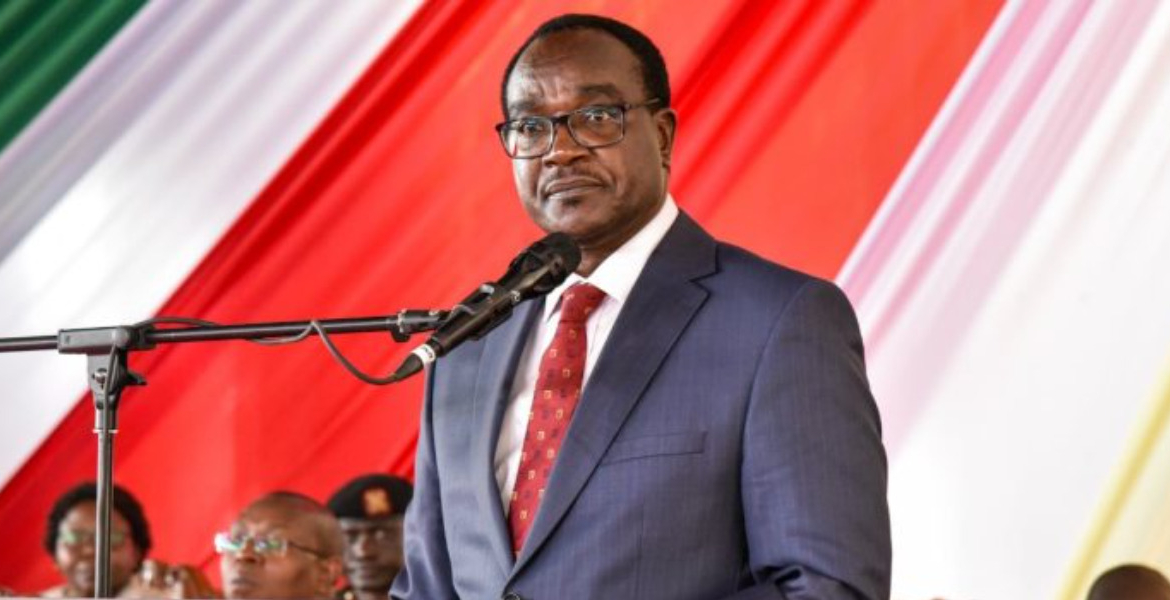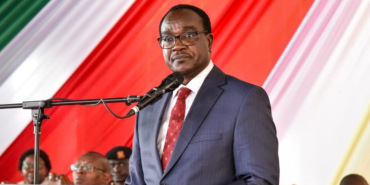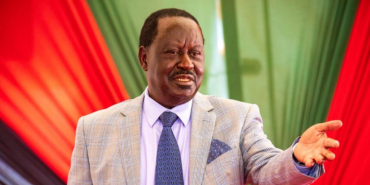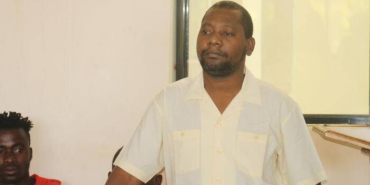Parents, Teachers Alarmed as Government Reduces Funding for Public Schools

A significant reduction in government funding for Kenya’s Free Primary Education (FPE) and Free Day Secondary Education (FDSE) programmes is generating widespread apprehension among education stakeholders, who warn of a potential crisis in the country's basic education sector.
The Treasury's recent announcement regarding its inability to sustain full capitation for learners has prompted urgent calls for policy intervention, with school heads, teachers' unions, and parents' associations expressing concerns that the move endangers equitable access to education. The immediate impact is being felt as schools prepare for the upcoming academic term, facing budgetary shortfalls that threaten their ability to operate effectively.
The cuts also reignite a long-standing debate about the sustainability of free education and the state’s role in ensuring universal access. John Mbadi, Treasury Cabinet Secretary, has confirmed to the National Assembly Education Committee that the government is no longer able to fully finance the FPE and FDSE programmes. Specifically, the capitation for secondary school learners has been reduced from KSh22,244 to KSh16,428 per annum, creating a deficit of KSh5,816 per student.
This shortfall places considerable pressure on school administrators, many of whom had already budgeted based on the previous allocation and now face rising debts and operational constraints. Willy Kuria, chair of the Kenya Secondary Schools Heads Association (Kessha), urges the government to formally permit cost-sharing arrangements with parents to bridge the funding gap.
Kuria describes the situation as untenable, noting that school heads are caught between maintaining institutional operations without adequate resources and being restricted from seeking meaningful financial support from parents.
“Even when the capitation stood at Sh22,244, it was still insufficient, having been set over eight years ago and not adjusted for inflation and increased operational costs,” Kuria said.
He also calls for a special grant to offset the deficits accrued by schools that had made financial commitments based on the promise of full capitation. Silas Obuhatsa, chair of the National Parents Association (NPA), warns that the reduced capitation could lead to a surge in school dropouts, particularly among children from economically disadvantaged backgrounds. Obuhatsa criticises the timing of the cuts, noting that many families are still grappling with the economic aftershocks of the COVID-19 pandemic.
“This news shocked parents. The funding has been reduced at a time when many are still recovering from job losses and income cuts,” Obuhatsa said.
He emphasises that even a seemingly modest increase in school fees could be prohibitive for rural families, potentially forcing thousands of children out of school.
Evelyn Naitasili, the acting national vice chairperson of the Kenya Teachers in Hardship and Arid Areas Welfare Association (Kethawa), echoes these concerns, highlighting the disproportionate impact on marginalised communities. Naitasili warns that the budget cuts risk entrenching cycles of poverty and illiteracy in regions already struggling with high costs of living and limited access to educational resources.
“Schools in hardship areas are still experiencing immense difficulties. So when you cut the little money we rely on to run schools, you’re not just creating a crisis, you’re condemning these children to a cycle of poverty and illiteracy,” she said.
Despite the widespread concern, the Ministry of Education maintains that the policy of free education remains intact. Cabinet Secretary Julius Ogamba has denied claims that the government has scrapped the programme, asserting that the capitation amount has merely been adjusted due to budgetary constraints.
“We are still at Sh22,244 but because of limitation, we divide that amount and it comes down… The government has not changed the policy of financing free education,” Ogamba said.
He notes that enrolment figures have continued to rise, suggesting that the programme’s core objectives are still being met. Akelo Misori, secretary-general of the Kenya Union of Post Primary Education Teachers (Kuppet), condemns the shift in financial responsibility to parents, warning that such a move undermines the constitutional guarantee of free and compulsory basic education.
“It is not going to be easy for us to talk about this because the government cannot present capitation to schools, so parents should be ready to pay next term,” Misori remarked.
The Education Stakeholders Association of Kenya has called for a national dialogue to address the funding crisis, urging policymakers to engage with educators, parents, and civil society to develop sustainable solutions. National Secretary Ndung’u Wangenye stresses the need for transparency and collaboration in navigating the challenges posed by reduced capitation.








Add new comment